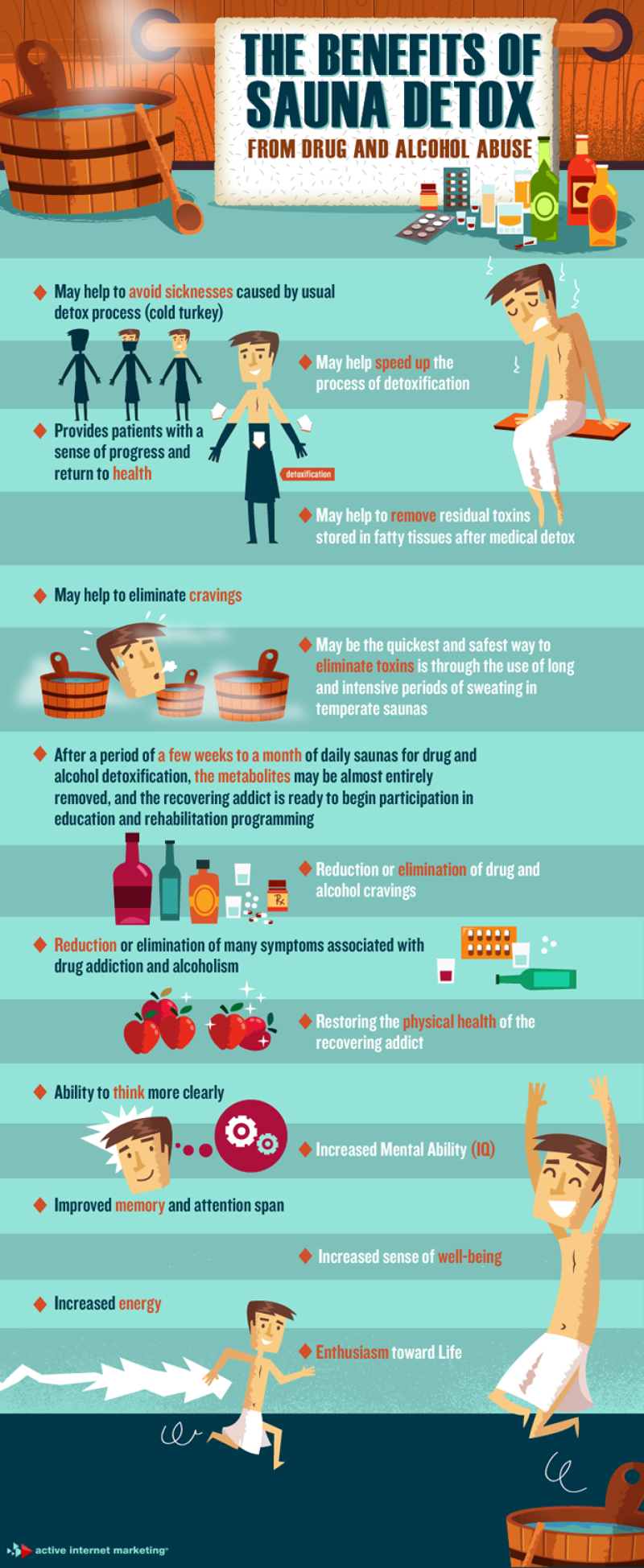Discover The Relevance Of Post-Treatment Care Basically Abuse Rehab For Sustained Recovery. Explore How Encouraging Networks Can Aid In Keeping Sobriety And Producing A Significant Presence
Discover The Relevance Of Post-Treatment Care Basically Abuse Rehab For Sustained Recovery. Explore How Encouraging Networks Can Aid In Keeping Sobriety And Producing A Significant Presence
Blog Article
Content Composed By-Carrillo Finch
You can't do it alone. Healing from just click the next document calls for a solid support system.
The value of aftercare in drug rehabilitation can not be overemphasized. In https://long-orville1karine.blogbright.net/discovering-relief-discovering-the-benefits-of-a-chemical-abuse-recovery-center , we will discover the function of counseling, the advantages of treatment, and the structure given by peer support groups in keeping soberness.
So, get a mug of coffee, sit back, and allow us lead you with the important steps of post-rehabilitation support.
The Duty of Therapy in Aftercare
If you wish to keep your sobriety after leaving rehab, it's vital that you proceed taking part in therapy sessions as part of your aftercare strategy.
Therapy plays a vital role in your recuperation trip by giving continuous support, advice, and a secure space to share your sensations and issues.
With therapy, you can deal with any kind of underlying problems that might have added to your addiction, establish dealing methods, and learn much healthier means to take care of stress and anxiety and desires.
It permits you to work through any unresolved emotions and create a better understanding of yourself and your triggers.
The Benefits of Therapy in Maintaining Soberness
To keep your soberness, therapy can provide many advantages.
- Treatment offers a secure room for you to discover and deal with the underlying concerns that might have added to your addiction.
- It allows you to overcome your feelings and establish healthier means of taking care of stress and anxiety and activates.
- Via therapy, you can gain a much better understanding of yourself and your patterns of behavior, which can assist you make favorable changes in your life.
- In addition, treatment supplies you with a support group of specialists who are trained to lead and assist you on your trip to recovery.
- They can use beneficial understandings, tools, and strategies to assist you browse the challenges that may emerge.
- In therapy, you can learn to establish healthy coping skills, construct strength, and enhance your general well-being.
Peer Support Groups: A Foundation for Lasting Healing
You can find long-term recuperation by proactively participating in peer support system and connecting with others that share comparable experiences and objectives.
Peer support system supply a secure and non-judgmental room where individuals in healing can collaborate to share their battles, successes, and insights. By proactively participating in these groups, you can get the support and encouragement you need to stay on the path of healing.
Connecting with others that've gone through comparable experiences can be unbelievably encouraging, as it helps you realize that you aren't alone in your trip. It additionally allows you to gain from others who've efficiently overcome similar challenges. With each other, you can celebrate landmarks, hold each other liable, and deal assistance and advice.
Via these connections, you can construct a strong support system that will aid you browse the ups and downs of recovery and eventually discover long lasting healing and improvement.
Final thought
You've learned about the important function of aftercare in drug rehab. Therapy, therapy, and peer support system contribute to lasting recovery. Below's an astonishing figure to grasp the size of the concern: researches show that individuals that obtain aftercare treatment are 50% most likely to preserve soberness compared to those that do not.
So, envision the transformative power of these support systems in aiding people recover their lives and construct a brighter, drug-free future.
